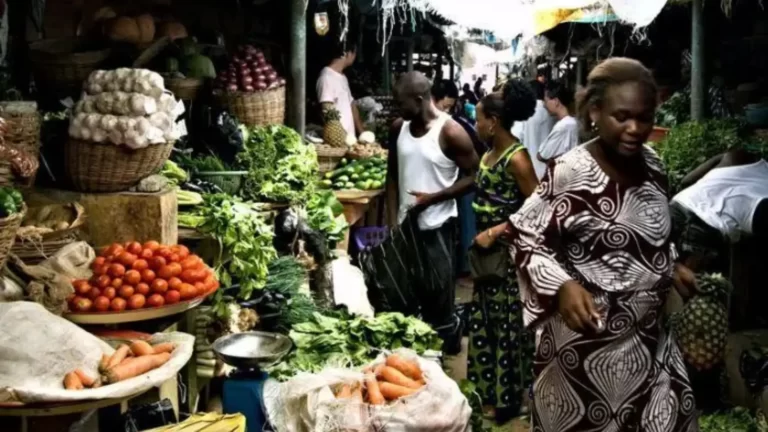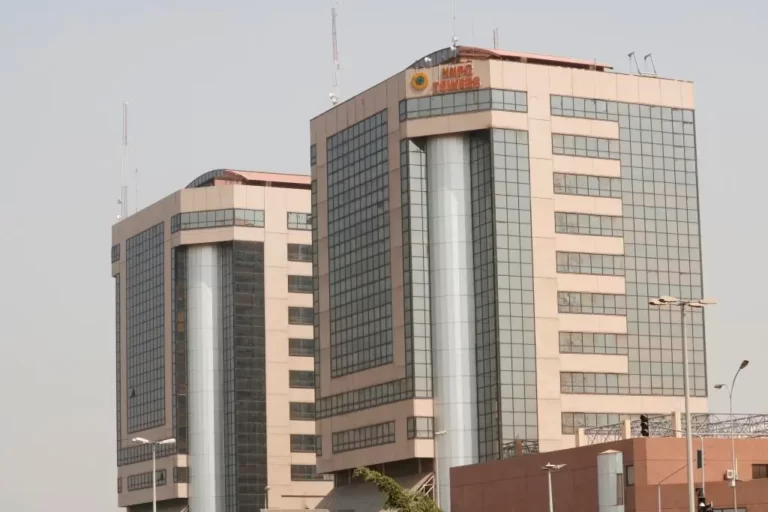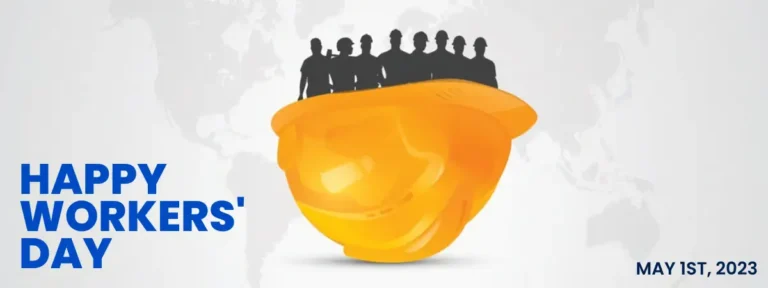The year 2023 ended with the announcement that the Federal Competition and Consumer Protection Commission (FCCPC), Nigeria’s antitrust watchdog fined British American Tobacco (BAT) US $110 million. It was the largest fine recorded by the watchdog. It was widely welcome for two major reasons. It was seen as a victory against big businesses. Second, due to bias against tobacco, it was widely acknowledged as a positive development that could help clip the wings of BAT and the tobacco industry in Nigeria.
It is therefore understandable that many would have missed a critical point and the implications, as explained by the Executive Vice Chairman Babatunde Irukera. The agency generated N56 billion in 2023, virtually all from a single fine. How and why should an agency’s revenue for the year be from a single firm? Regulatory and fiscal incentives matter and is it at play here? In the era of Internally Generated Revenues (IGRs), how do we ensure that fiscal and regulatory incentives align? Should the fine not be determined by a third party? Should the case not be adjudged by a third party? The current pattern inadvertently provides the FCCPC the incentives to go after big businesses that have the funds to pay or foreign companies that have global reputation to maintain. Will 2024 revenues be from another big and or foreign business? If it focuses on big and or foreign businesses for the purpose of revenues, it may inadvertently become predatory and not systematic application of competition rules and regulations across all industries.











